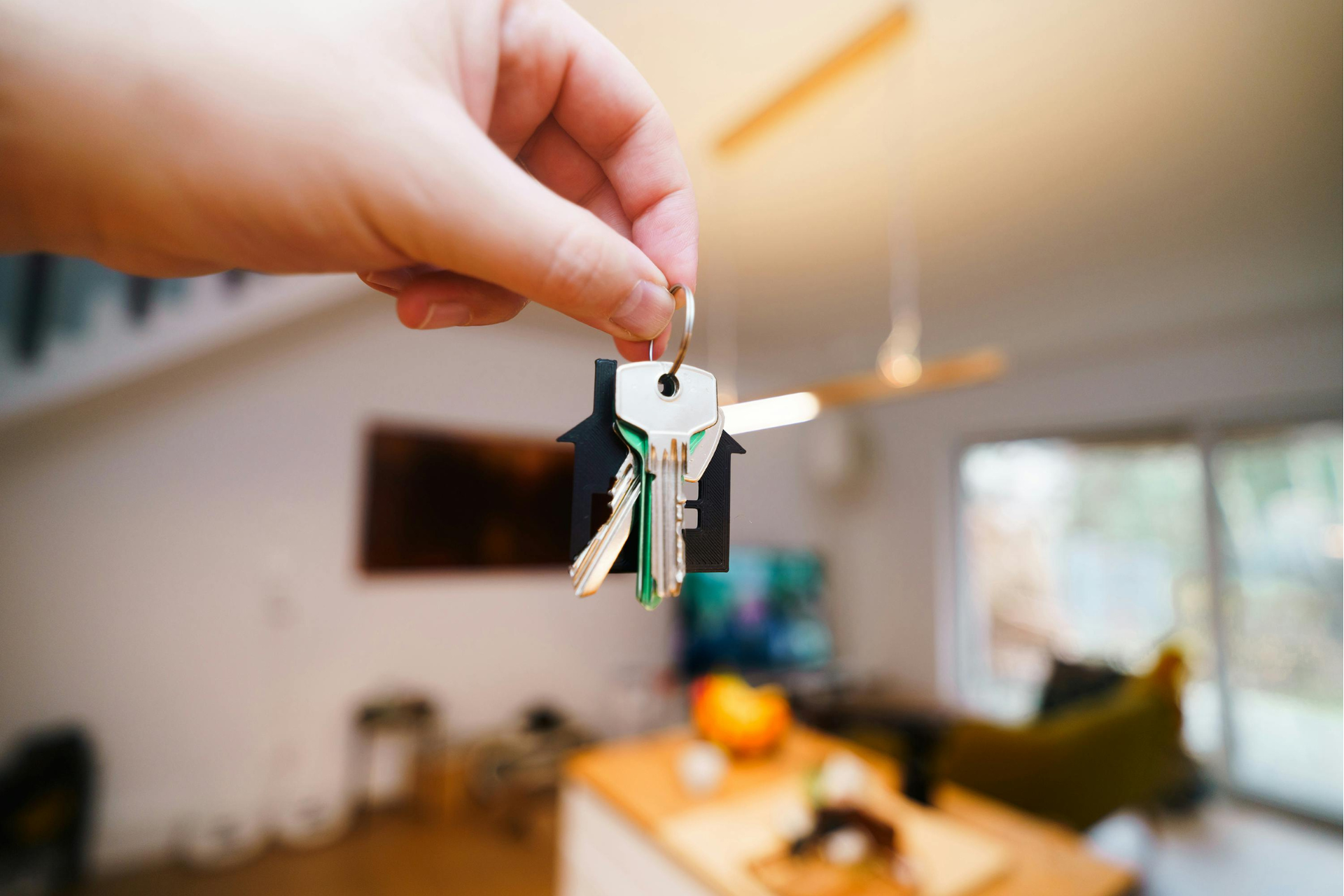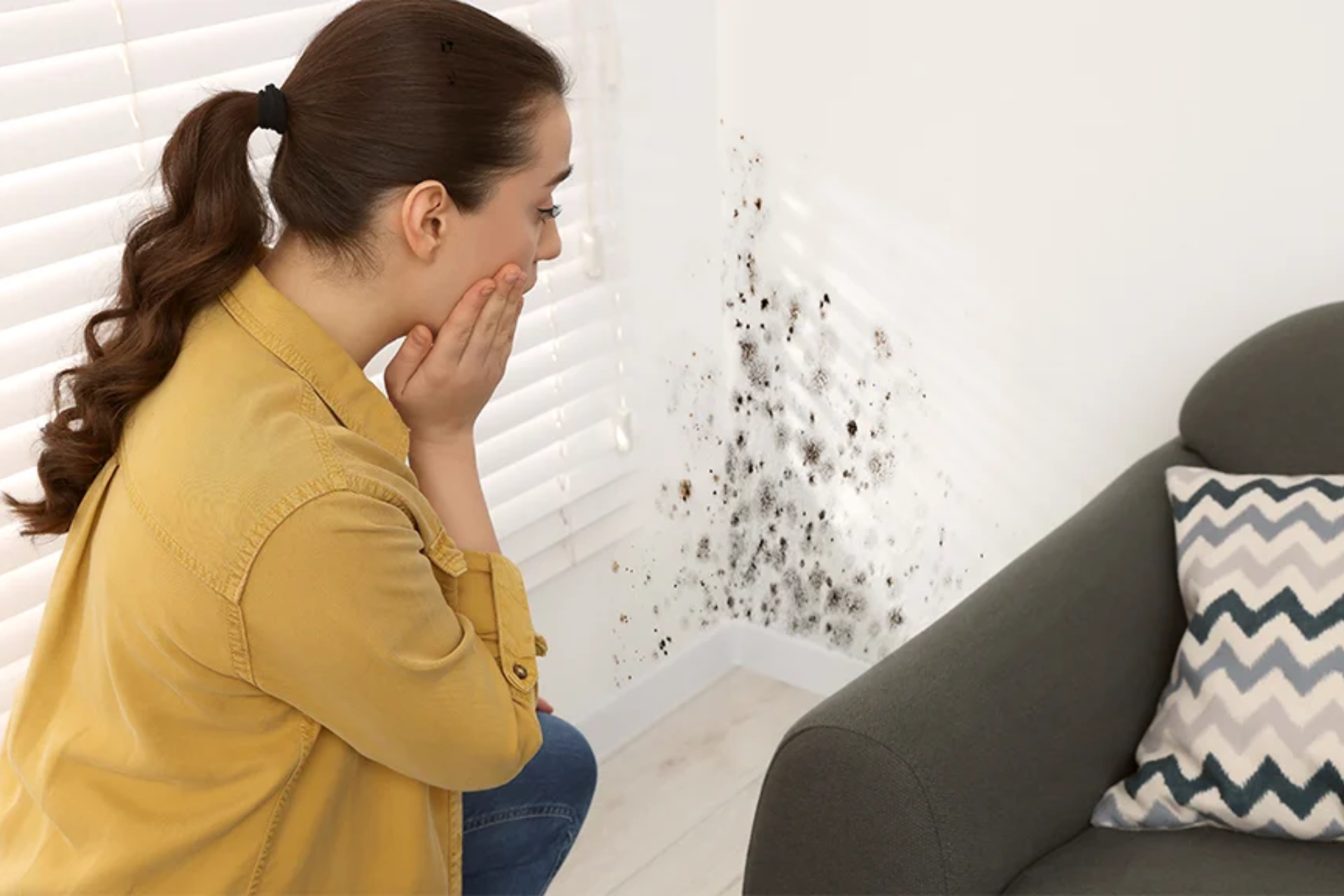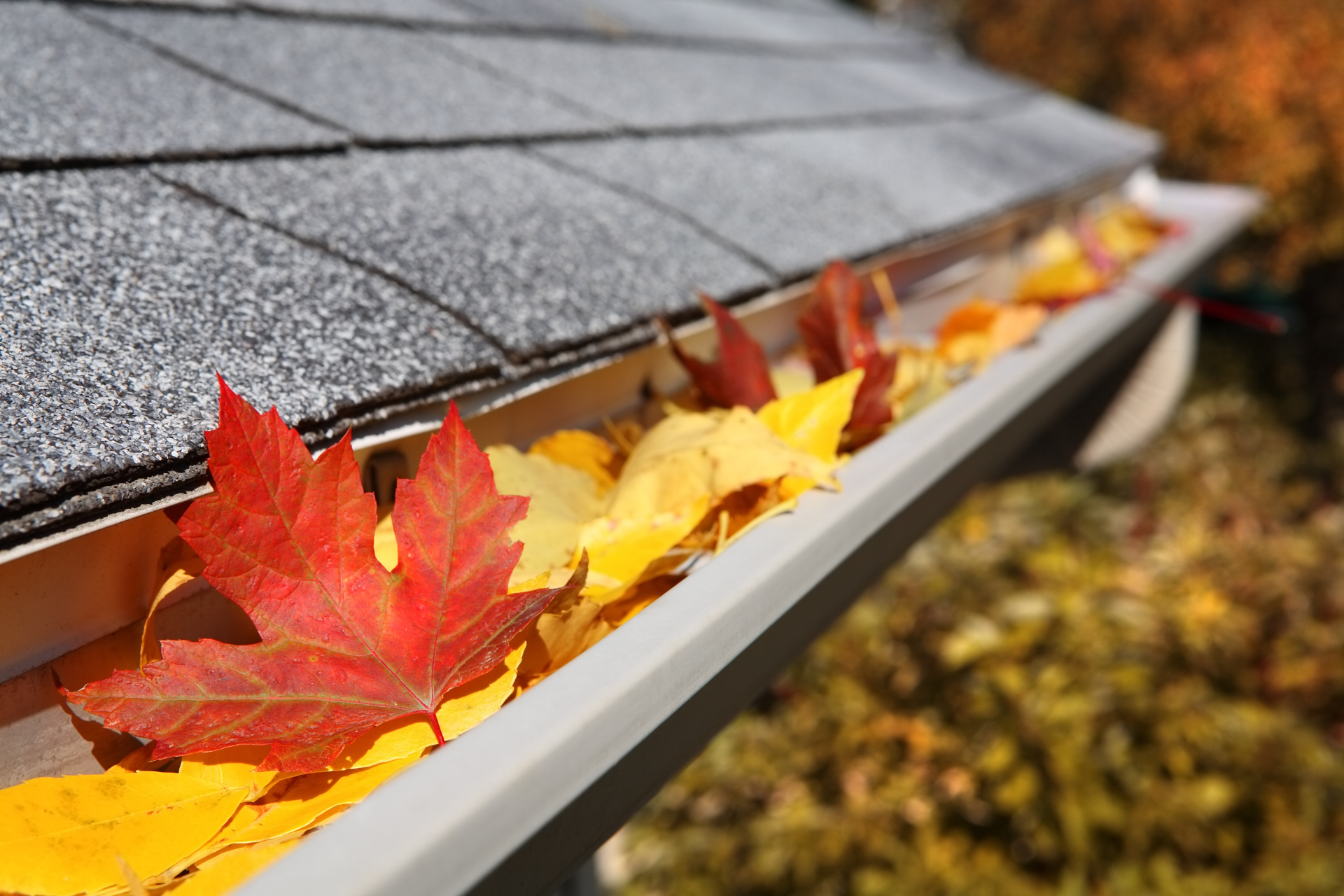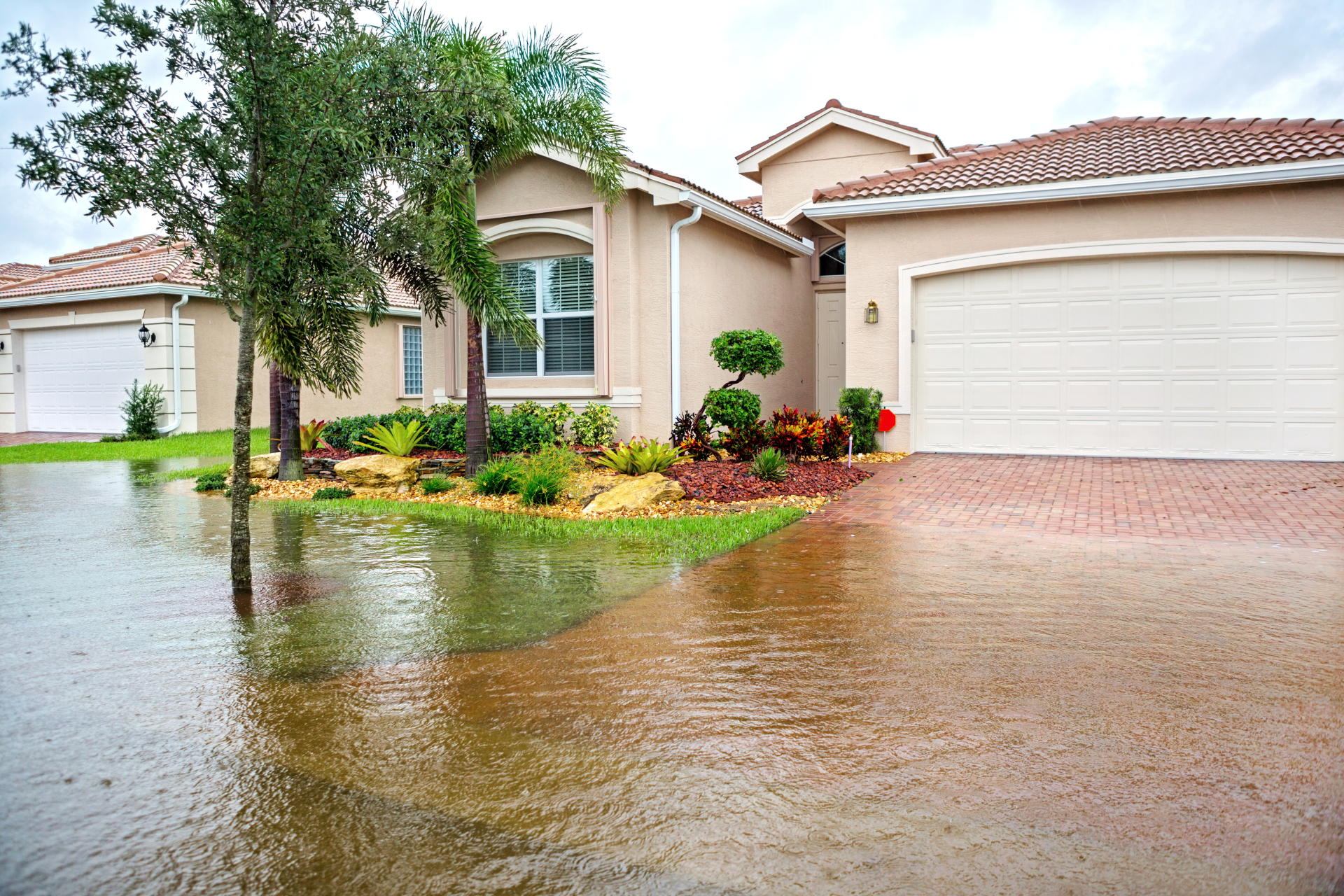Security Deposits in Florida
Security Deposits in Florida
Whether you're moving into a new rental or preparing for a tenant to move out, security deposits are one of the most commonly misunderstood and often disputed parts of the leasing process. In Florida, both renters and property owners have legal responsibilities when it comes to handling these funds.
For Renters: Protect Your Deposit
If you're renting a property in Florida, your security deposit is there to cover potential damage beyond normal wear and tear. Here’s how to make sure you get it back:
- Document everything. Take detailed photos at move-in and move-out.
- Communicate clearly. Notify your landlord of any issues and follow proper notice procedures when moving out.
- Clean thoroughly. A professional-level clean can make a difference.
- Fulfill all lease terms. This includes giving proper notice and returning all keys and remotes.
Florida law requires landlords to return the deposit or provide written notice of deductions within 15 to 30 days after move-out, depending on the situation.
For Owners: Handle Deposits Legally and Transparently
Landlords must hold security deposits in a separate account and notify the tenant in writing within 30 days of receiving the deposit. At move-out, landlords have 15 days to return the full amount if no charges will be claimed, or 30 days to notify the tenant if they intend to make deductions with an itemized list.
Common legal deductions include:
- Excessive damage beyond normal wear and tear
- Unpaid rent
- Cleaning costs if the property is returned unreasonably dirty
To avoid disputes, thorough documentation, a detailed lease, and a clear move-in and move-out process are essential.
Bottom line: Security deposits protect both parties, but only if handled properly. When everyone knows what to expect, the process can be smooth, fair, and drama-free.














